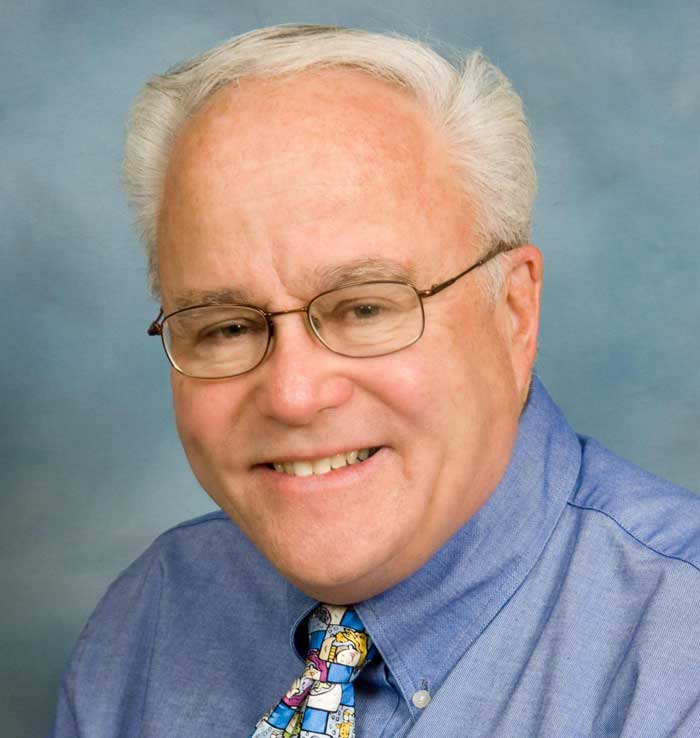<iframe width=”800″ height=”1353″ frameborder=”0″ scrolling=”no” style=”overflow-y:hidden;” src=”https://magic.piktochart.com/embed/7564882-your-body-vs-energy-drinks”></iframe>
Red Bull, Monster, Rockstar. In the United States, 80 percent of Americans consume an average of 200 mg of caffeine daily in the form of energy drinks.
While the original 32-ounce Monster drink has just 100 calories, students may feel less healthy when they realize that it also contains 320 milligrams of caffeine and other synthesized ingredients.

Dr. Pete Freis, pediatrician and adolescent doctor, tells his patients to avoid energy drinks mainly because they give you synthesized energy, not natural energy.
Freis often works in an emergency room, and puts energy drinks in the same addictive category as drugs and alcohol, he said.
“After a while, you’ll want more and more and open the door to addictions of more injurious character,” Freis said.
With the first sip of a caffeine-filled energy drink, students may already feel the initial ‘zing’ feeling. That feeling comes from the two most present ingredients: sugar and caffeine.

Brittney Patera, M.S., registered dietitian and sports dietitian nutritionist, relates sugars to the phenomenon that often comes soon after drinking an energy drink: the crash.
“You have readily available sugars mixed with caffeine,” Patera said. “After it is cleared from your bloodstream and your cells are finished attacking the sugars, you crash.”
According to a study by The National Council on Alcoholism and Drug Dependence, the number of emergency room visits due to heart trauma and adrenaline rush from energy drink consumption nearly doubled from 2007-2011. Many of these cases involved people aged 18-25.
“When your adrenaline is stimulated everything in your body constricts,” Patera said. “Your blood starts pumping faster and faster, overworking your heart.”
Although energy drinks provide adrenaline and make heart rates speed up for a short period of time, it is the overexertion that eventually wears the heart down, she said.
If students can take steps to eliminate the consumption of energy drinks it can significantly improve health, Freis said.
“If you want to be healthy when you’re 60, 70, 80— any age— you want to be healthy now,” he said. “It can take away years of life in a wear and tear sense.”
Sarah Strausser can be reached at [email protected] or @theorion_news on Twitter.








